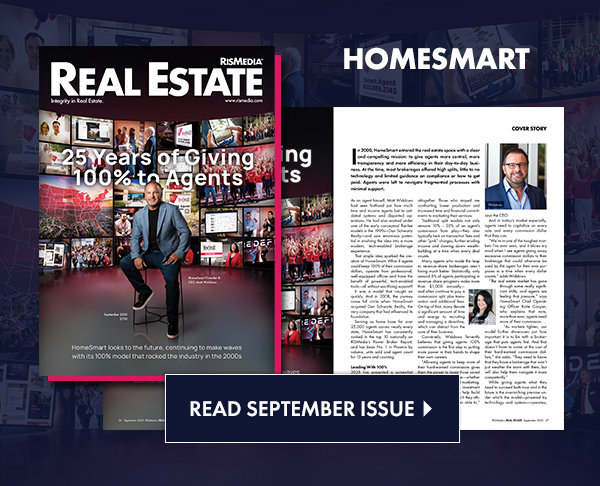If you’re planning to buy a new home and you can’t pay cash, you’ll have to take out a mortgage. Lenders will assess your credit and ability to pay before deciding whether to approve your request for a loan and figuring out how much money to lend you.
There isn’t a single list of all forms of income that you can use to qualify for a mortgage. Lenders have their own guidelines, but as a general rule, they look for income that’s steady and verifiable.
Depending on the type of income and the lender you’re working with, you might have to provide additional documentation to support your application. You might have to show that you have received a particular form of income for a minimum amount of time and/or provide proof that you expect to continue to receive those funds for at least the next few years.
Earnings From Work
A mortgage lender will look at money that you earn from your full-time and/or part-time job(s). That might mean hourly earnings or a salary, and possibly also bonuses, overtime pay, tips, or commission income. If you have a second job or a side gig, you can include that income on your mortgage application.
You’ll be required to provide W-2s or other documentation so the lender can verify your income. If you’re self-employed or a large percentage of your income comes from commission, you might have to provide one or more years’ worth of documentation so the lender can see that your earnings are reliable and that you’ll be able to keep up with your mortgage payments.
If you work for a foreign corporation or government and you get paid in a foreign currency, you can include that income on your mortgage application. If you have a partial ownership stake in a business, you can report income from that venture.
Other Forms of Income
You might receive money on a regular basis from one or more other sources. Those funds can help you qualify for a home loan, even if you have a modest salary or you’re not working at all.
You can include alimony, child support, foster care income, military income, VA benefits and public assistance on your mortgage application. If you’re not working, you might qualify for a home loan based on your retirement income, Social Security payments, severance package, or disability benefits. You can also include royalties, interest, dividends and income from a trust.
Include All Forms of Income on Your Mortgage Application
Your debt-to-income ratio and ability to cover monthly payments will determine whether or not you’ll get approved for a loan. Including all sources of income on your application can increase your chances of getting the mortgage you need to buy your dream home. If you have any questions about which forms of income you can include or about the types of documentation that are required, contact the lender.










